The Nordic-Baltic chapter of Society of Risk Analysis proudly presents the call for the second Nordic chapter meeting.
The theme of the conference is “Where are we and where are we going: New insights into risk analysis in the Nordic countries”
Deadline for submission of both individual presentations and symposia is Monday 29 August.
The conference brings together individuals and organisations interested in risk assessment, risk management and risk communication in Europe. The Society of Risk Analysis Europe: Nordic Chapter promotes specifically Nordic and Baltic issues in the field of risk, and aims to facilitate debate and exchanges of information and opinion between professionals in industry, government, universities, research institutes, and consultancies. It has the ambition to convene and promote scientific and educational meetings on risk research, risk analysis and risk management in the Nordic and Baltic countries.
Themes for presentations may include:
- risk communication and uncertainty
- environmental governance
- new technologies and innovation
- risk framing
- evidence-based policy making
- new perspectives on risk assessment
- risk and ethics
- organizing in the face of risk
- emerging risk issues in the Nordic and Baltic countries
The conference is hosted by Gothenburg Research Institute at the School of Business, Economics and Law at the University of Gothenburg.
The conference is sponsored by the Partner Program at the School of Business, Economics and Law at the University of Gothenburg.
Take the opportunity to arrange a session on a topic you think deserves to be in the spotlight or where you would like to engage in discussion and learn more.
A symposium is a topical session organized by two individuals who identifies the presenters for that session and their presentation titles, rather than relying on the conference organizers to assemble a topical session from individual abstracts.
A PhD-course on Risk is under development. The plan is to have it in Lund in October and in Gothenburg in association to the conference.
Sign up on the nordic chapter of sra newsletter to get information on what is going on.
^Ullrika

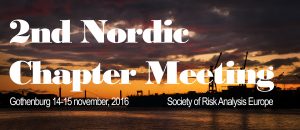
 To combat the problem for risk assessors and decision makers of today, the Society for Risk Analysis have produced a
To combat the problem for risk assessors and decision makers of today, the Society for Risk Analysis have produced a 
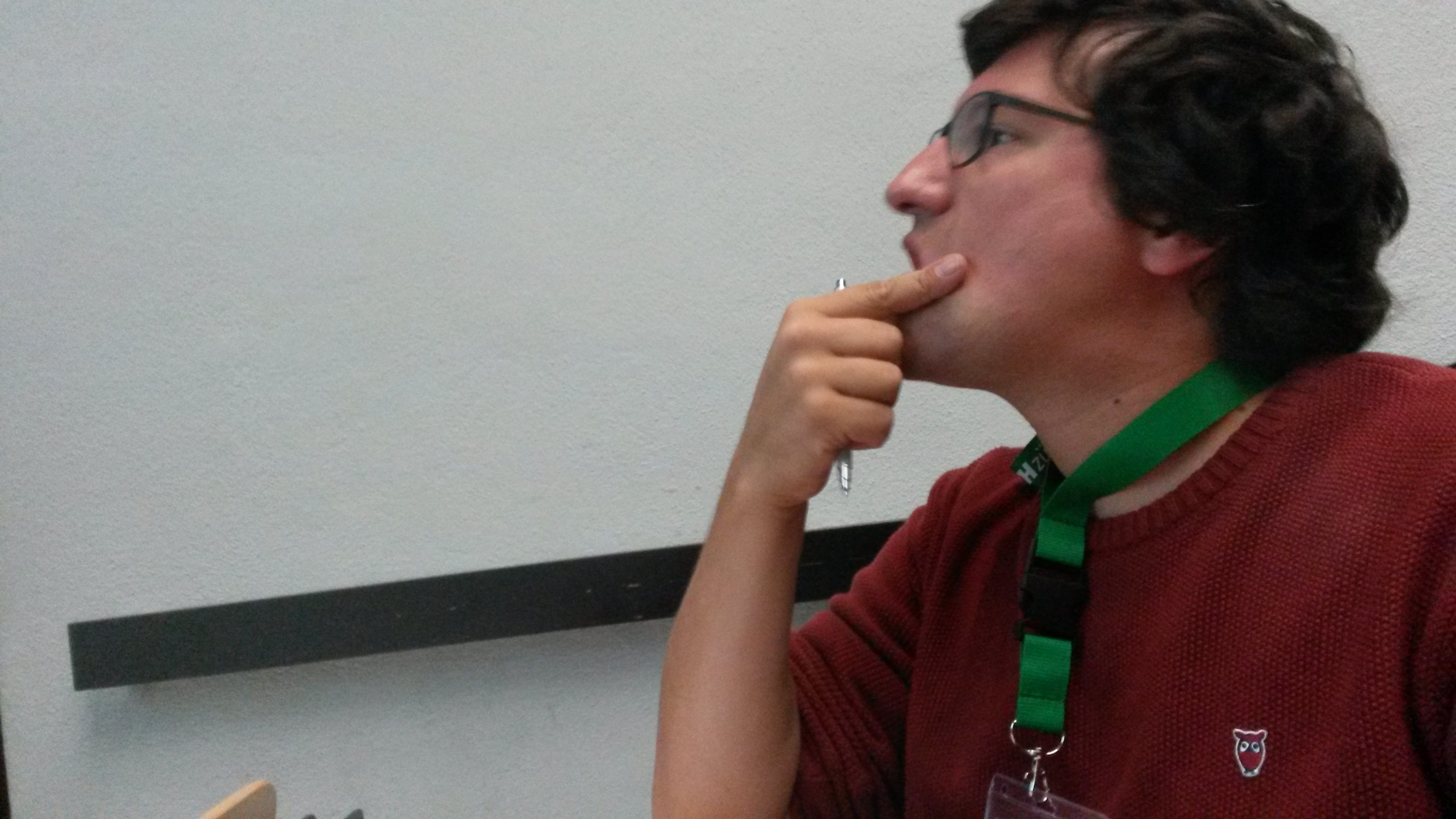
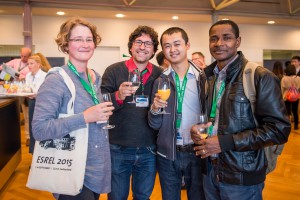
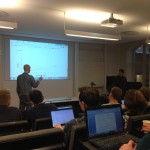

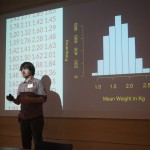
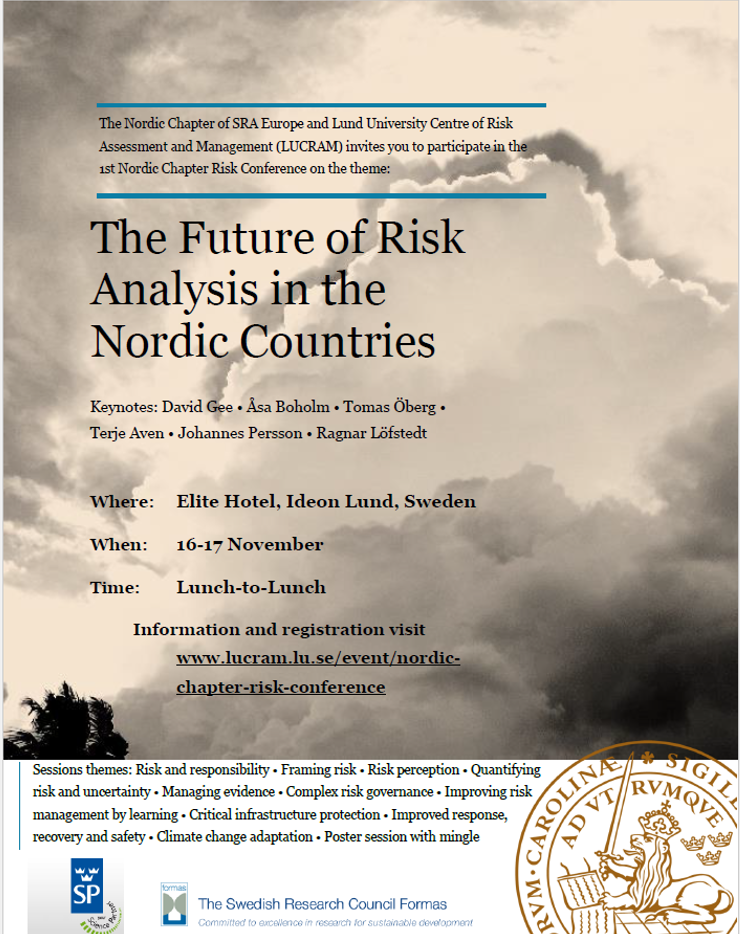
 In dark December we are happy to host Aki Vehtari from Aalto University, Finland, who will show us how to implement Bayesian methods using the Stan software.
In dark December we are happy to host Aki Vehtari from Aalto University, Finland, who will show us how to implement Bayesian methods using the Stan software.
Comments